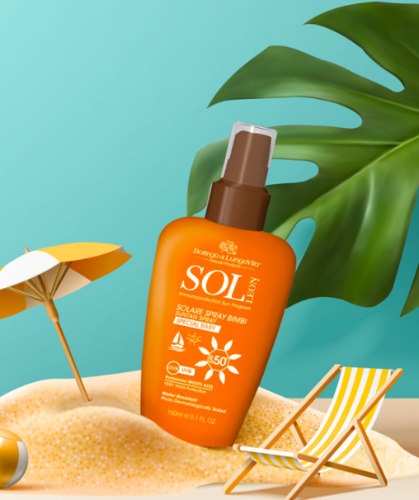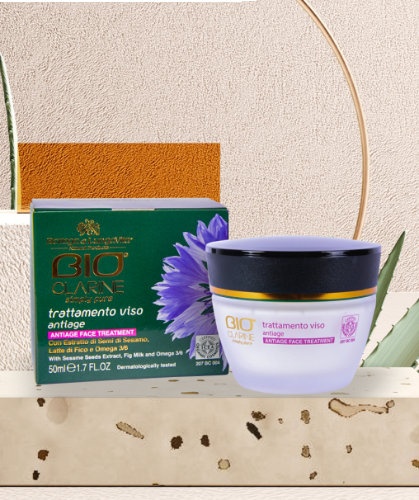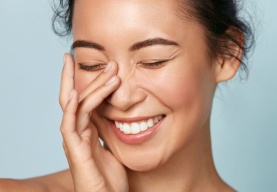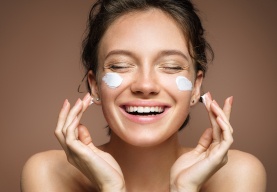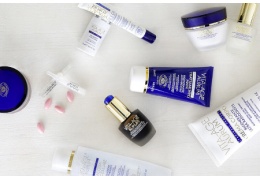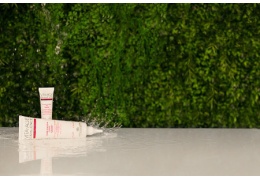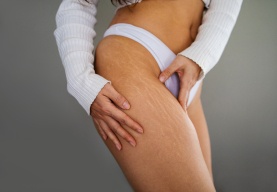DO YOU TAN WHEN IT RAINS OR IS CLOUDY?

Many wonder if you can also tan in the rain or when the weather is not nice; or, again, if you can tan in winter.
But is it really like that?
When you tan: you don't only tan in the summer
To find out if you tan with clouds, you must first know what ultraviolet rays are. This is essentially the invisible component of sunlight: these rays are not perceived by the human eye, as they are positioned beyond the violet color range. The energy intensity of ultraviolet rays is however very strong and it is precisely for this reason that they represent a danger for our skin.
The ultraviolet rays that reach the earth's surface are composed of 95% UVA rays and the remaining 5% UVB rays. The latter are the rays responsible for tanning, because, although they only manage to reach the most superficial layer of the epidermis, they stimulate the production of melanin. But be careful: UVB rays are also responsible for sunburn and redness! Fortunately, they are partially filtered by the ozone layer present in the atmosphere, as well as by clouds and glass surfaces. And, above all, quality sunscreens.
We now come to UVA rays, which manage to reach even the deepest layers of the dermis. The danger of UVA rays is that, although they do not cause sunburn, they contribute to the acceleration of aging processes by stimulating the production of free radicals, which damage substances crucial to the well-being of the skin, such as collagen and elastin. Furthermore, these ultraviolet rays are only minimally blocked by the atmosphere and are present in large quantities all year round. This means that yes, you can tan even if it's cloudy, not just in the hot sun!
Do you tan when it rains or is cloudy?
Now that we know how UV rays work, it is clear that even when it is cloudy we tan, because, even if clouds can reduce the intensity of ultraviolet rays, they do not completely block their action, especially when it comes to UVA rays. This means that not only do you get a tan even in the clouds, but you can also risk getting sunburned. It is therefore not surprising if tanning appears even during holidays spent in cloudy weather, or if the beginnings of sunburn even appear, particularly among those with skin that is particularly sensitive to the sun.
How to protect yourself from the sun adequately all year round
If it is true that ultraviolet rays reach our skin even when it rains or is cloudy, then it becomes essential to apply sunscreen even in winter, although the risk of getting sunburned is lower than in the height of the summer season. Using sunscreen all year round also allows you to protect yourself from the appearance of skin blemishes and premature aging: for this reason it is a good habit to integrate a sunscreen into your daily skincare, even if you live in the city and even during cold and cloudy days and even when you are in the office, behind glass and windows, precisely because ultraviolet rays can even pass through glass. The advice to apply sunscreen all year round is particularly valid when you take a few days of holiday at high altitude: in fact, we must not forget that in the mountains the concentration and intensity of UV rays is particularly high.
However, choosing the most suitable sunscreen is very important. For delicate skin such as that of the face, a cream with sun protection 30 or 50 is recommended. If, however, you have skin that tends to be a little oily and impure, it is better to opt for products with a light consistency: good quality creams but excessively dense ones could be annoying to apply daily and, moreover, they would favor the occlusion of the pores. The denser and more nourishing formulations are instead suitable for those with drier skin, since they create a barrier against ultraviolet rays and, at the same time, hydrate the skin. Finally, there are sun creams enriched with anti-aging ingredients, capable of making mature skin more toned and elastic.
Bottega di LungaVita sunscreens are products suitable for all needs: thanks to the perfect combination of nature and science, it will be easy to find the sunscreens best suited to your needs to effectively protect your skin from the sun all year round.

